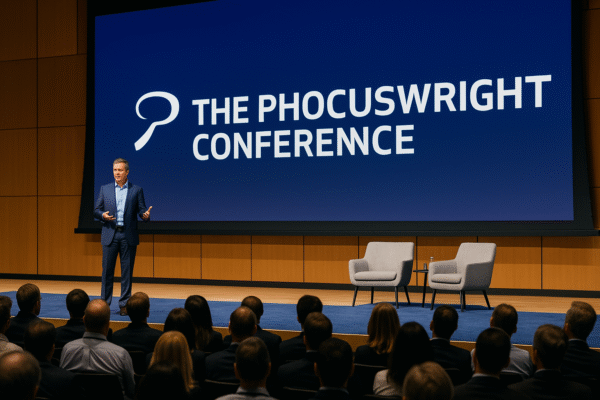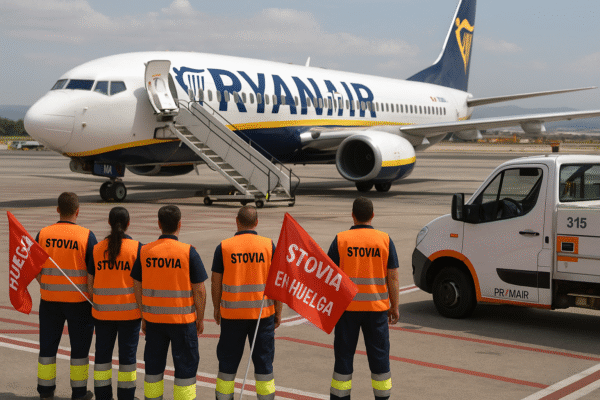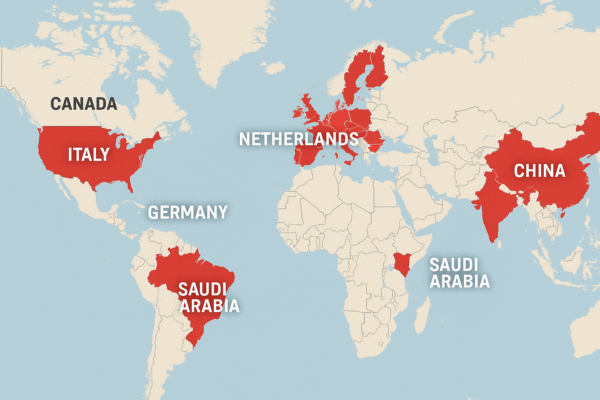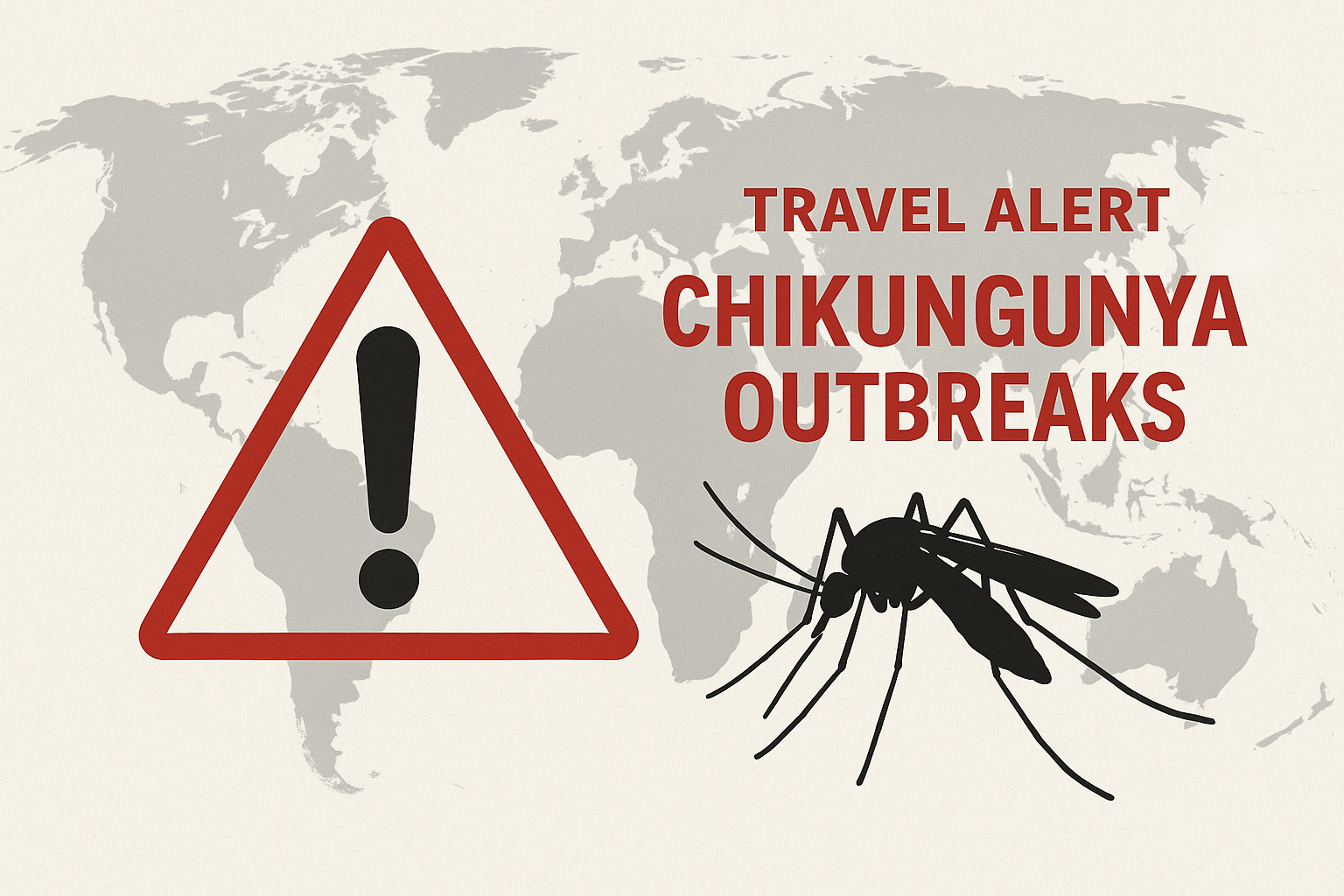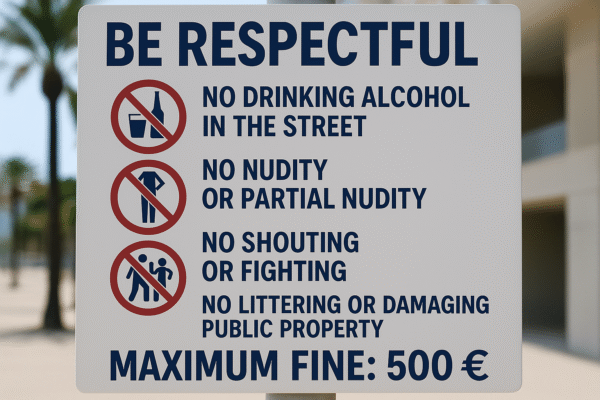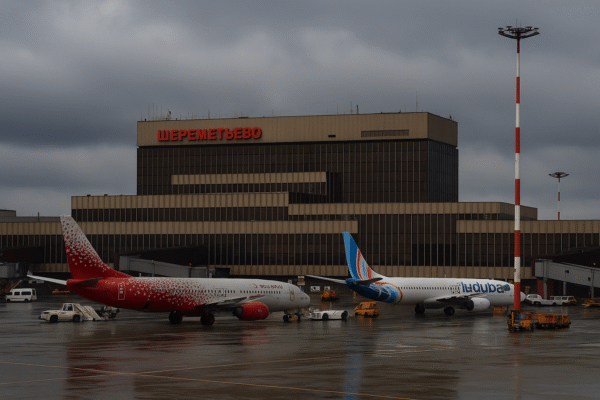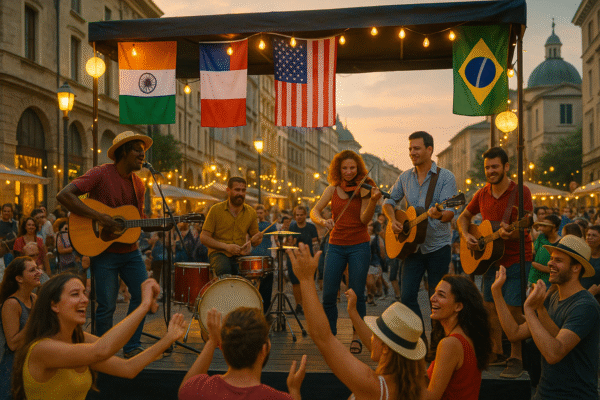Today, on World Music Day (June 21), the travel and tourism industry is witnessing a vibrant upswing as music aficionados journey far and wide to celebrate live performances, street concerts, and festival showcases. Recognized by UNESCO as a celebration of intangible cultural heritage, World Music Day has become a major driver of music tourism—a sector that the World Travel & Tourism Council (WTTC) estimates contributes over $40 billion annually to global economies. As cities transform public squares into open-air concert venues, hospitality providers, transport operators, and destination marketers are capitalizing on travelers whose itineraries center on musical discovery.
From Vienna to Rio: Global Music Tourism Hotspots
Across five continents, cities celebrated for their musical legacies are reporting spikes in bookings:
- Vienna, Austria: Renowned as the “City of Music,” Vienna stages free orchestral performances in Rathausplatz that draw classical music enthusiasts. Hotels near historic concert halls report 20–30% higher occupancy today than average midweek rates.
- New Orleans, USA: The birthplace of jazz invites visitors to Bourbon Street and Jackson Square for impromptu brass band parades. According to the New Orleans Tourism Marketing Corporation, hotel room revenue on World Music Day sees a 15% uptick compared to the same date in 2024.
- Rio de Janeiro, Brazil: Samba schools host open rehearsals and street rodas, attracting both domestic and international tourists. The local State Secretariat of Tourism notes a 12% rise in day-trip bookings to Lapa district for the evening concerts.
- Berlin, Germany: Known for its electronic music scene, Berlin’s clubs and pop-up stages offer 24-hour techno marathons. The Visit Berlin agency has launched special “Sound City” packages combining museum visits with after-hour shows.
- Tokyo, Japan & London, UK: Both metropolises host a mix of indie bands and pop stars, supported by local councils that fund public sound installations and transport vouchers for concertgoers.
Why Music Tourism Matters
Music tourism is more than leisure—it strengthens community identity and fuels local economies. The UNESCO World Heritage Centre highlights that intangible cultural expressions, including music, are vital for sustainable tourism development. Key impacts include:
- Economic Uplift: Live concerts boost spending on lodging, dining, retail, and transport. A single stadium gig can generate up to $5 million in ancillary tourism revenue, per industry analysts.
- Extended Stays: Travelers drawn by music events often extend their trips to explore cultural sites. According to a WTTC survey, 60% of music tourists add 2–3 extra days to their itineraries to visit local attractions.
- Off-Season Appeal: World Music Day occurs at the start of summer in the Northern Hemisphere and winter in the Southern Hemisphere, balancing seasonal visitor flows. Destinations like Buenos Aires use winter concerts to offset off-peak hotel vacancies.
- Community Engagement: Street music festivals directly involve residents and travelers. Participatory events foster social cohesion and encourage repeat visitation.
Industry Response: Tailored Packages and Partnerships
Recognizing this trend, destination marketing organizations (DMOs) and travel agencies are curating specialized offerings:
- “Melody & Stay” Hotel Packages: Properties in New Orleans and Vienna include concert tickets, backstage tours, and musician meet-and-greet sessions.
- Rail and Ferry Passes: In the UK and Japan, rail passes with discounted entry to pop-up stages encourage eco-friendly travel between cities.
- Cruise-Ship Itineraries: Caribbean and Mediterranean cruise lines now dock at ports hosting World Music Day celebrations, offering passengers shore excursions to beachfront free-concerts.
- Digital Concert Passports: Berlin’s “Sound City Card” uses QR codes to grant access to multiple venues, simplifying logistics for travelers and enabling data-driven marketing insights.
Travel Safety and Sustainability Considerations
As live events draw crowds, safety and sustainability are paramount:
- Crowd Management: Local authorities collaborate with event organizers to implement crowd-control measures, emergency medical stations, and clear wayfinding signage.
- Noise and Environmental Impact: Acoustic zoning and timed performances minimize disturbance to residents. Festivals in Amsterdam have introduced silent disco zones to balance excitement with noise regulations.
- Carbon Footprint: Many DMOs offset emissions by investing in green transportation and renewable energy for concert stages. In Tokyo, solar-powered speaker systems debuted this year.
- Health Protocols: Post-pandemic best practices remain, with hand-sanitizing stations and optional mask distribution at venues.
The Future of Music-Driven Travel
Music tourism is projected to grow at a 5–7% compound annual rate over the next five years, outpacing general leisure travel growth. Emerging trends include:
- Virtual–Physical Hybrids: Live-streamed street performances paired with in-person festival experiences allow remote audiences to plan future visits.
- Niche Music Pilgrimages: Jazz heritage tours in New Orleans, K-pop themed trips in Seoul, and flamenco trails in Andalusia offer deeply immersive experiences.
- Cultural Exchange Initiatives: UNESCO’s Creative Cities Network is expanding its music city designations, encouraging peer-to-peer learning on tourism best practices.
- Tech-Enhanced Experiences: Augmented reality (AR) apps that reveal historical narratives behind local musical landmarks are gaining popularity in cities like Memphis and Havana.
Conclusion: Harmonizing Travel and Culture
On World Music Day, the intersection of music and tourism takes center stage. As travelers chase rhythms around the globe, the industry must continue innovating to deliver seamless, safe, and sustainable experiences. From Vienna’s classical halls to Berlin’s underground clubs, the power of live music is reshaping tourism—creating economic vitality, fostering cultural exchange, and ensuring that melodies indeed move millions.
Read more such news, follow Global Travel Wire.
Disclaimer:
This image is AI-generated and created for illustrative purposes only. It may not accurately represent the actual events, individuals, or locations described in the news article.


